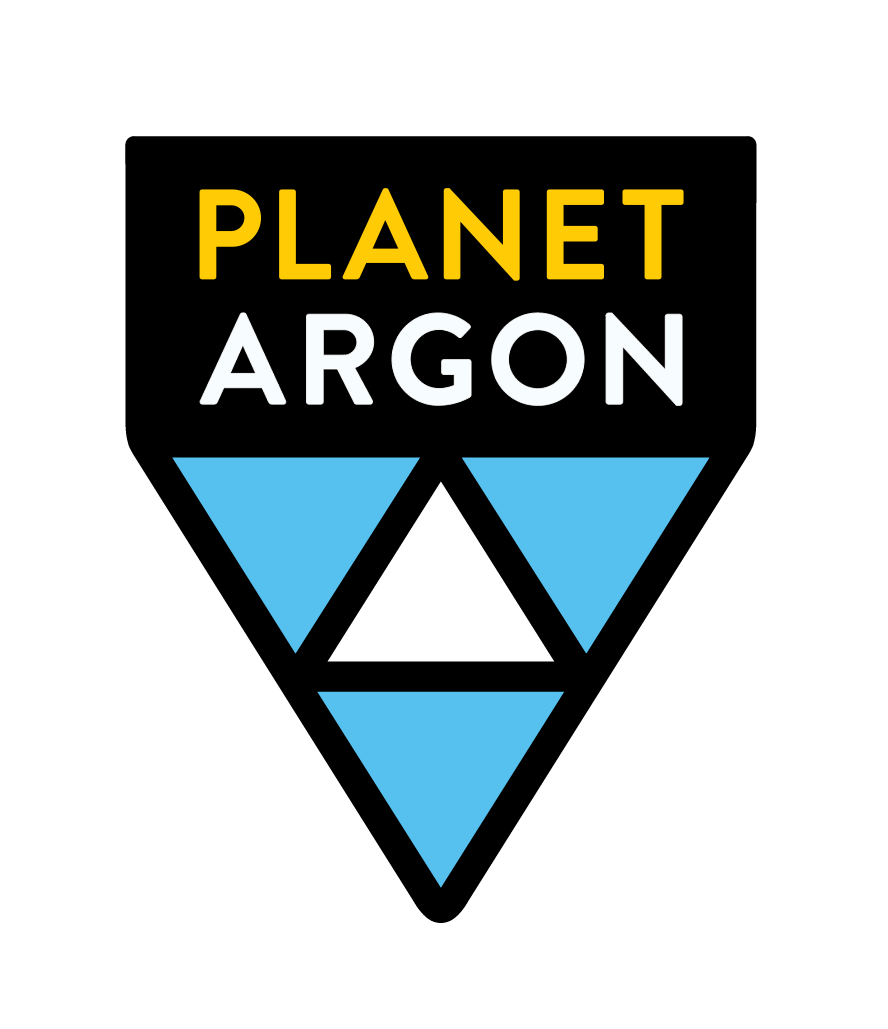Portland
October 11, 2025
In Portland, rain-soaked streets weave through murals and food carts, where centuries-old forests edge up against a city humming with bikes, indie bookstores, and weekend farmers’ markets. Here, innovators, adventurers, and makers from St. Johns to Sellwood, and from Vancouver to Hood River, gather to exchange bold ideas beneath the ever-present gaze of Mt. Hood. This is an invitation to immerse yourself in Portland’s spirit of sustainability, DIY ingenuity, and offbeat charm—forming connections that are as authentic and unexpected as the city itself.
XO Ruby Portland is a single-day, single-track conference designed to draw folks in from the city and the region. An approachable $100 ticket price coupled with no need for a hotel or airfare means you can connect with your community without breaking the bank.
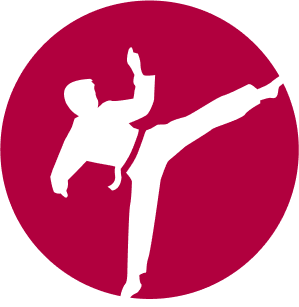
Sidekiq
Sidekiq is the leading background job processor for Ruby applications, trusted by developers to handle millions of tasks efficiently and reliably. Used by the Ruby community, Sidekiq integrates seamlessly with Rails, delivering fast, scalable performance for modern apps that require robust background job management and real-time processing.
Registration / Set up
Welcome
Fish Bowl Game
Let's build a mobile app
Learn how to build mobile apps the Rails way with Hotwire Native. By reusing your existing HTML and CSS, you can keep your business logic on the server and stay productive in Rails - without needing to become a mobile expert. Learn how small teams are shipping faster, solo developers are doing the impossible, and Rails is once again leading the way.

Joe Masilotti
Break
Using OpenTelemetry to Build More Human-Friendly Systems
Stop debugging with stress and start with empathy. This talk will show you how to use OpenTelemetry to build systems that are not only more reliable, but also kinder to your users and your team.
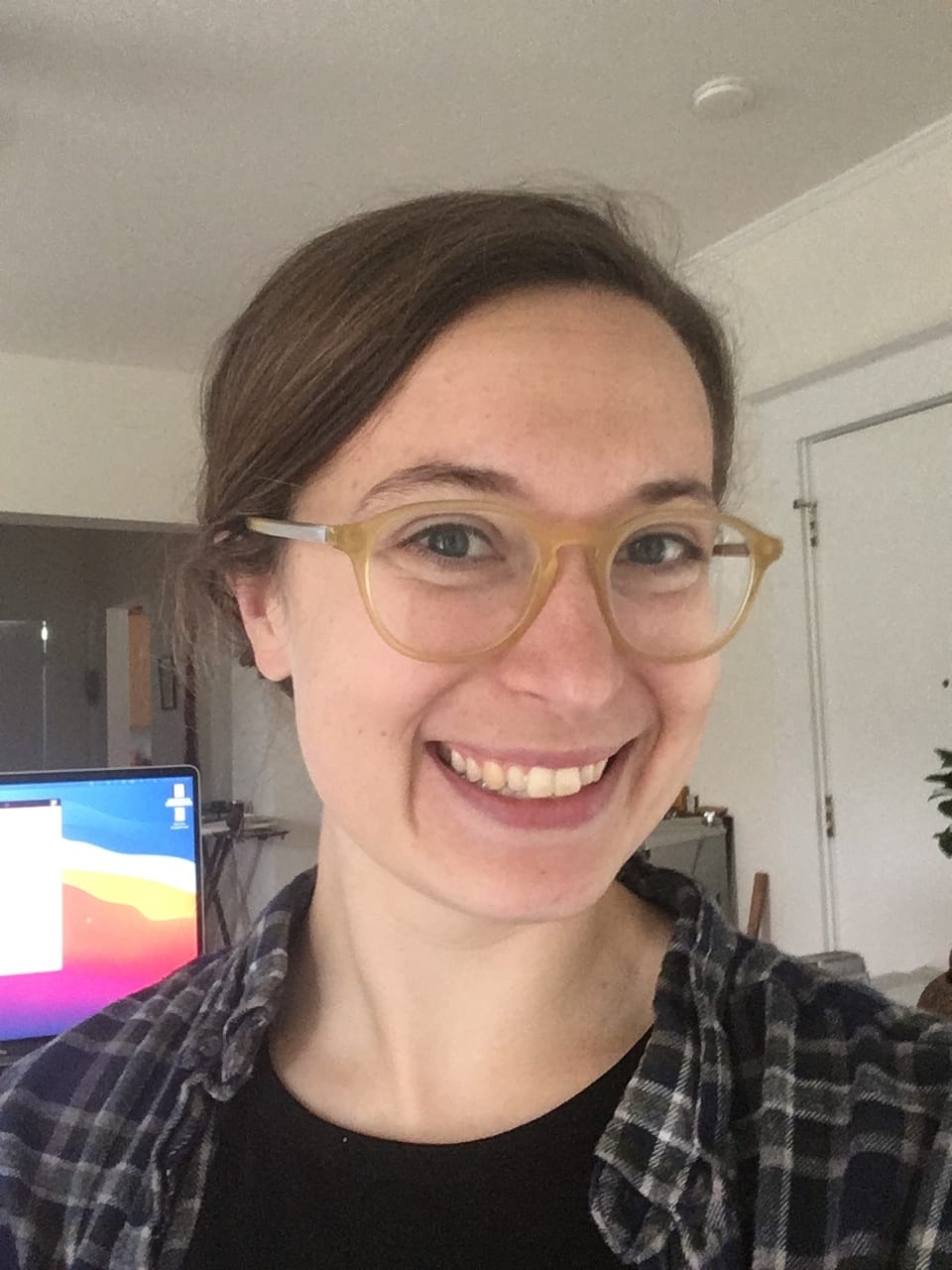
Kayla Reoppelle
Lightning Talks
Lunch
I know Kung Fu! RubyGems for AI
A smart person learns from their mistakes; a wise person learns from the mistakes of others; How can we make a wise AI? I started with the question: can AI get an app from idea to working production deployment faster than I can? The answer was a resounding No. However, this has lead me to thinking about where the gaps are and how we could better load the context an AI needs to be successful at a more complex task. Join me in my experiments of leveling up our AI Ruby friends!
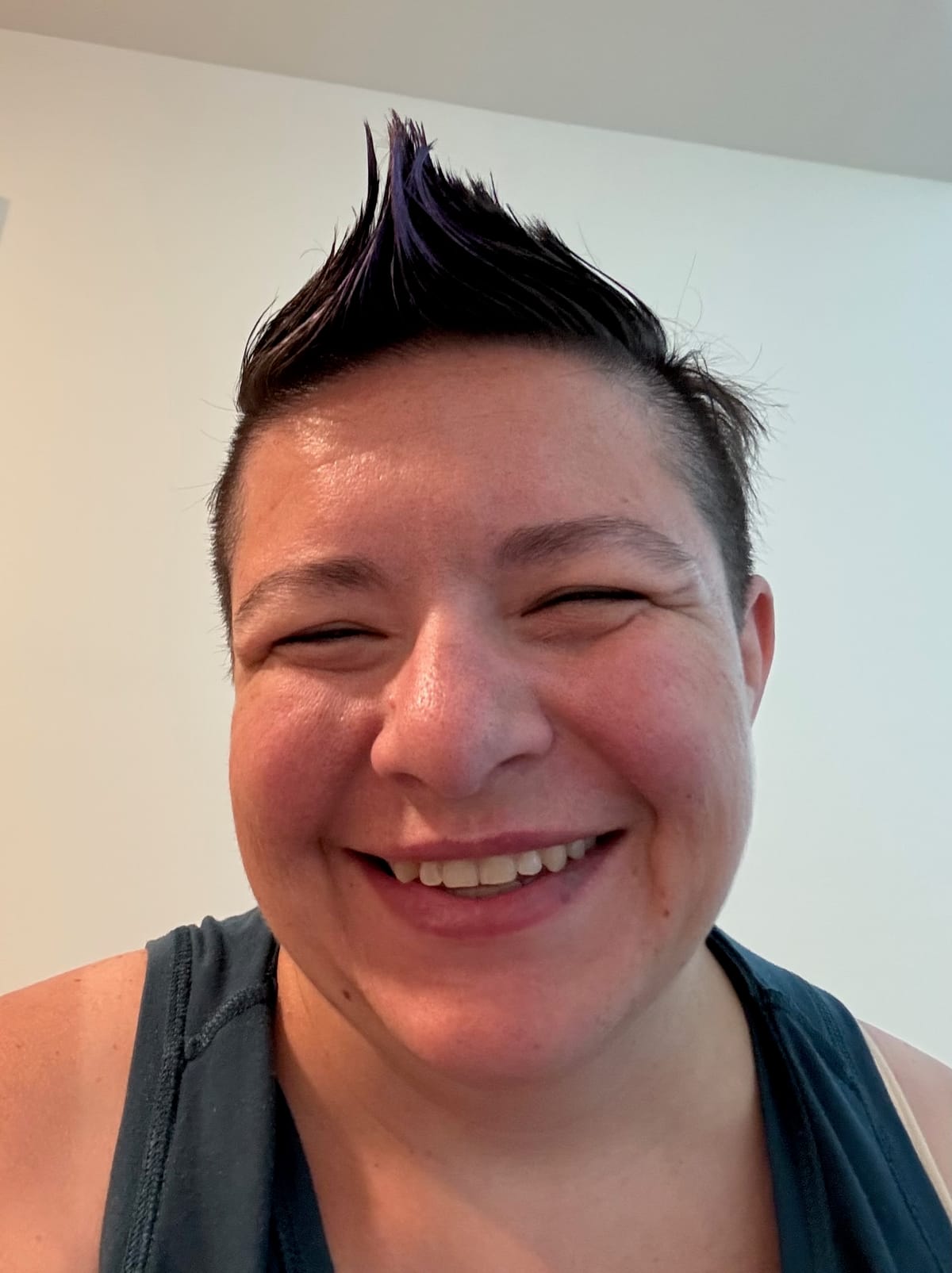
Renée Hendricksen
Profiling Tips and Tricks
Lets look at how we can speed up our code with a real world use cases. We'll look at profiling code with Vernier, how to understand profiling output, and what to do about slow code.

Aaron Patterson
Break
Let's Build a Computer
Most of us treat our computers like magic, but under the hood they’re just layers of simple logic stacked on top of each other. Using the Nand to Tetris curriculum, the Seattle.rb study group spent 12 weeks building a simulated computer entirely from the ground up—starting with a NAND gate, then constructing the hardware architecture, assembler, virtual machine, compiler, and even an operating system with games. In this talk, I will start with the nand gate, and build up a working computer explaining each layer as I go. You may not be able to build along with me in just a half hour, but I hope to infect you with my love for this curriculum and hopefully have it spread to your ruby/study group.
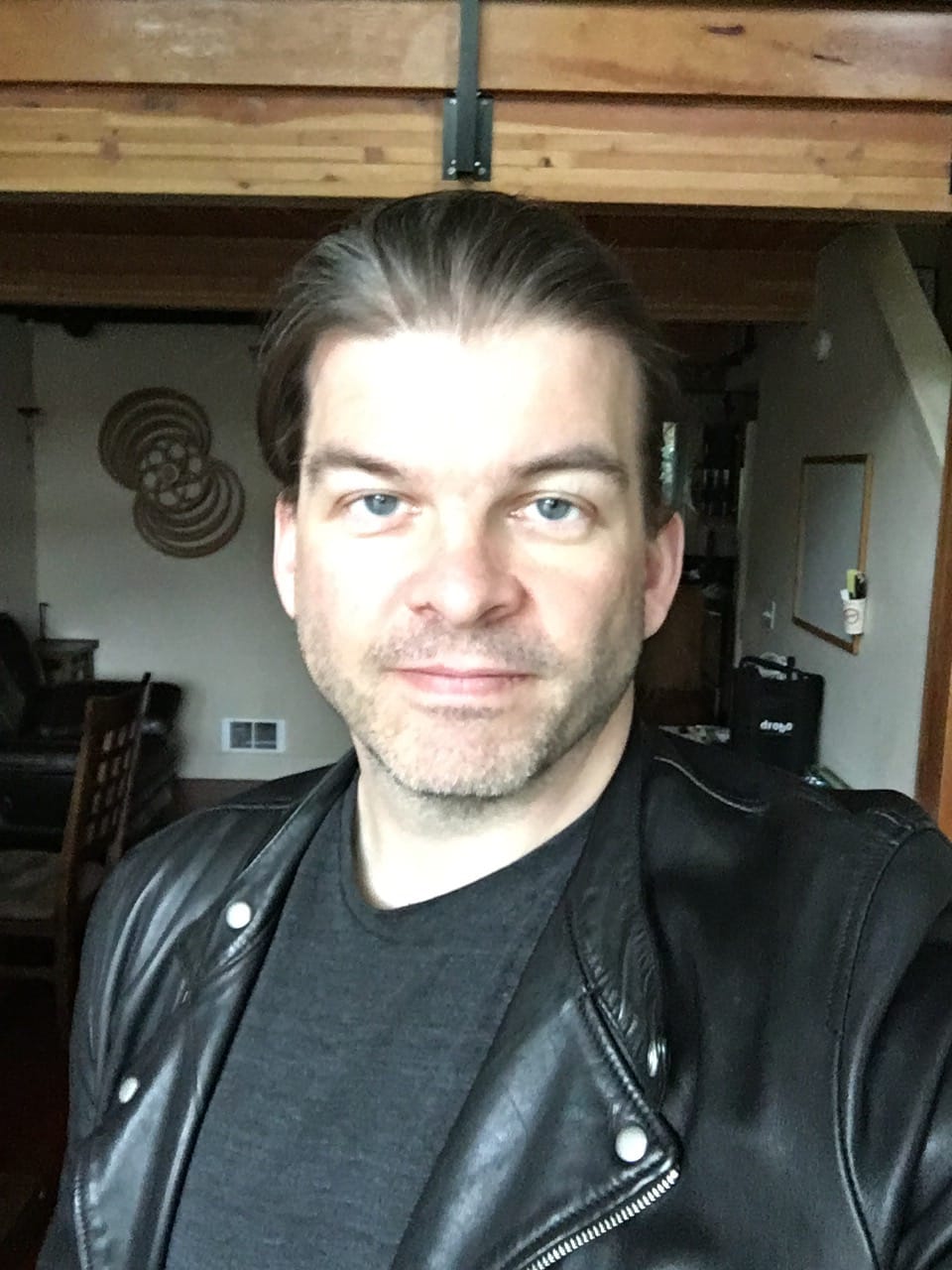
Ryan Davis
Randomness In Tests (Don't Do It)
Kent Beck wrote "Tests are the Programmer's Stone, transmuting fear into boredom." But I keep encountering tests with nondeterministic behavior, so clearly not everyone got the memo... I'll talk about what a PRNG is, when you should absolutely use one in your test suite, when existing uses are safe to politely ignore, and when you should #KillItWithFire. I'll also share an incredibly obvious realization about flaky tests that only took me several years to stumble into!
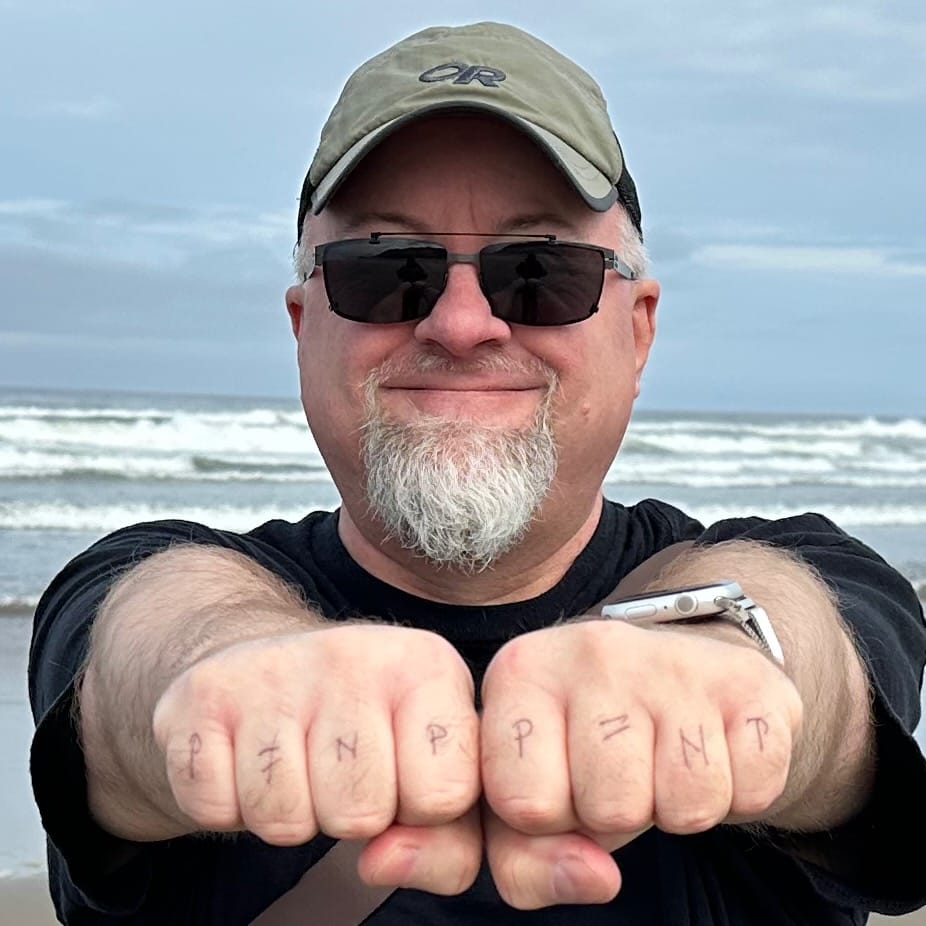
Sam Livingston-Gray
TBA
We're still working on filling this slot. Should you be here? Let us know if you want to speak.
Closing

Joe Masilotti
Joe is on a mission to make mobile app development easier for Rails developers. He’s been working with Hotwire Native since 2016, is a maintainer of the library, and the author of “Hotwire Native for Rails Developers”.

Kayla Reoppelle
Kayla is a Lead Software Engineer at New Relic and a maintainer for the OpenTelemetry Ruby project. She's currently on a mission to bring stability to OpenTelemetry's logs and metrics signals for the Ruby project.

Renée Hendricksen
Renée is a Staff Software Engineer at GitLab whose career has bounced back and forth between IC roles and Engineering leadership. For the last 5 years, she has been focusing on individual contributor work while training some very demanding 90 billion node neural networks at home! She has been working with Ruby since 2009, and brings a unique perspective from having seen codebases from both the C-suite and the git trenches.

Sam Livingston-Gray
Sam wrote his first Rails app in 2006, and is somehow still writing them? These days, he spends his time co-parenting a very cool human, working as a Staff Engineer for Valimail, and making sawdust. Ask him about TDD, refactoring, or Weighted Companion Cubes – yes, plural.

Ryan Davis
Ryan Davis has been using Ruby since 2000 and is a founding member of the Seattle Ruby Brigade, the ass-kickingest ruby brigade (per-capita). His background includes QA, automation, language and tool development, object databases, and smalltalk. In ruby/rails, he has worked on developer productivity, profiling and optimization, and developer tools such as minitest, ruby_parser, ruby2ruby, hoe, RubyInline, and much more..

Aaron Patterson
Aaron is on a mission to make Ruby and Rails more fun and accessible for developers everywhere. As a core team member and prolific open source contributor, he balances serious engineering—like working on Ruby’s garbage collector and just-in-time compilers—with a passion for sharing knowledge and making even the hardest problems approachable.
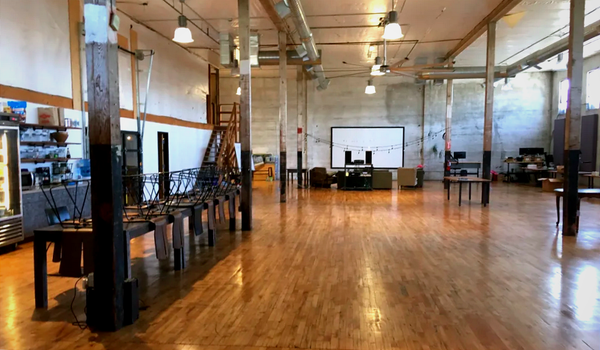
113 SE Madison St. - Industrial Chic Warehouse
Close to the river in an up-and-coming part of town and steps away from one of Portland's newest food pods. This flexible space has been used by community and artist groups to host meetings, conferences, workshops, dances and more. The industrial chic space feels expansive, with a stage area set up at the far side of the space, kitchen and food prep spaces, and bathrooms.

